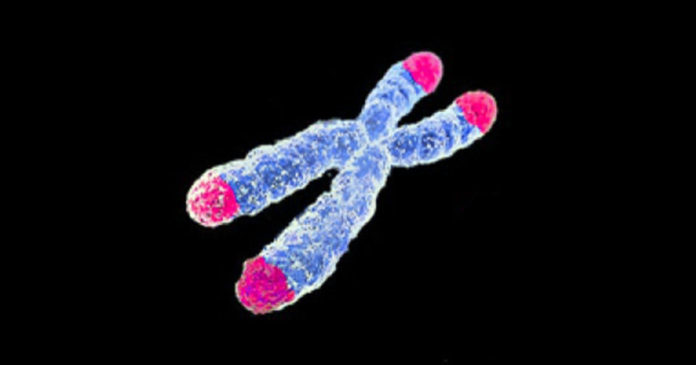There are many promising medical advancements on the horizon that scientists believe could dramatically increase human lifespans. A new study conducted on mice has produced impressive results through lengthening of telomeres.
Telomeres are DNA material that is located at the end of all the chromosomes in our bodies. Each time a cell replicates, the telomeres get shorter. This is one of the main reasons why the human lifespan is currently limited. When telomeres get too short after decades of dividing, the cells can no longer function properly. This is why many current scientific studies are aiming to find ways to preserve the integrity and health of telomeres as time goes by.
Most studies up until now have focused on altering the genes to promote telomere perseverance and greater longevity. This new study conducted at the Spanish National Research Centre has shown that longevity can be achieved without altering the DNA sequence.
The researchers used some past research to produce extra-long telomeres in order to study their effects on mice. The lengthening was accomplished with an established method of growing stem cell cultures in a petri dish to produce chromosomes with telomeres that are double in length.
The experiment showed many intriguing results. The mice lived an average of 24 percent longer than mice with normal-length telomeres, and they also exhibited other age-mitigating characteristics. The amount of bad cholesterol in their bodies was lower than average, and their DNA remained healthier as they got older than mice with normal telomeres. The researchers also noted better functioning of the mitochondria in the mice.
This small study on mice doesn’t mean there will be any radical treatments to extend human lifespans soon, but these findings are exciting because they help confirm what scientists have suspected about the possibility of extending life by altering the telomere size and behavior. Not only does this approach slow the aging process, but it also creates lower incidences of diseases like cancer and heart disease.



